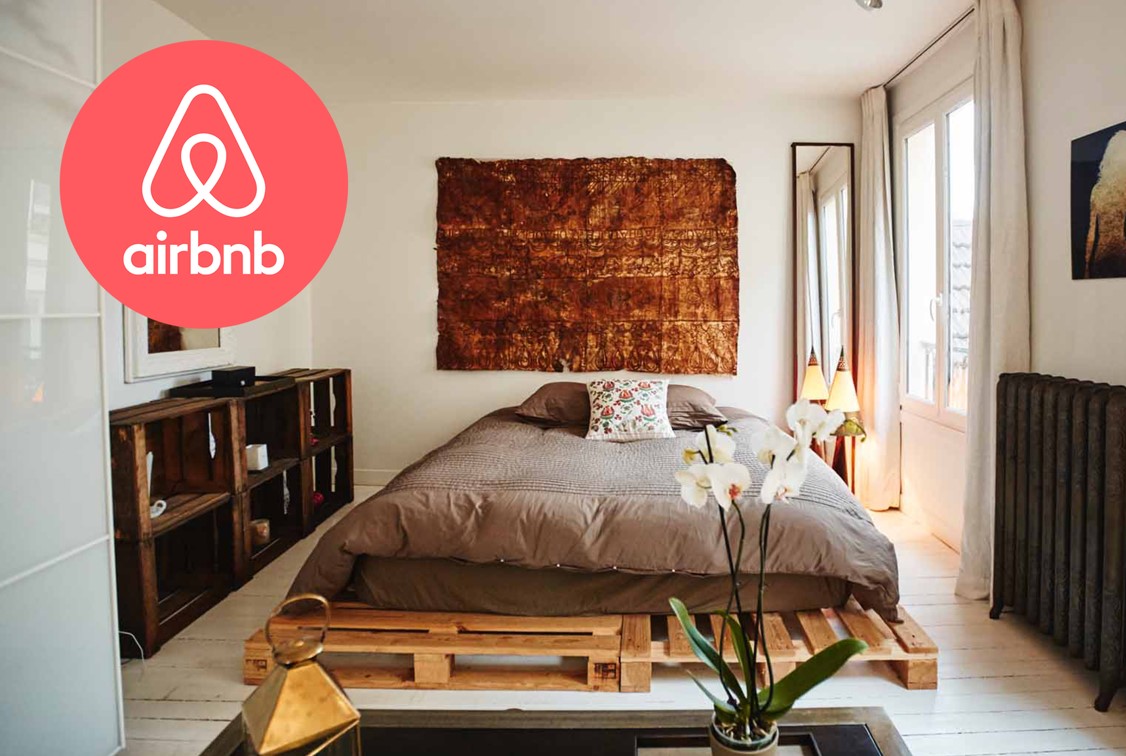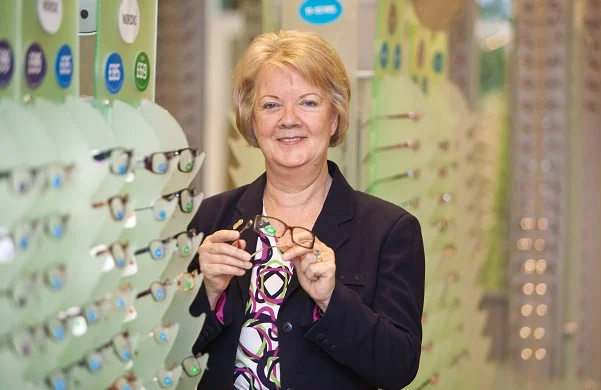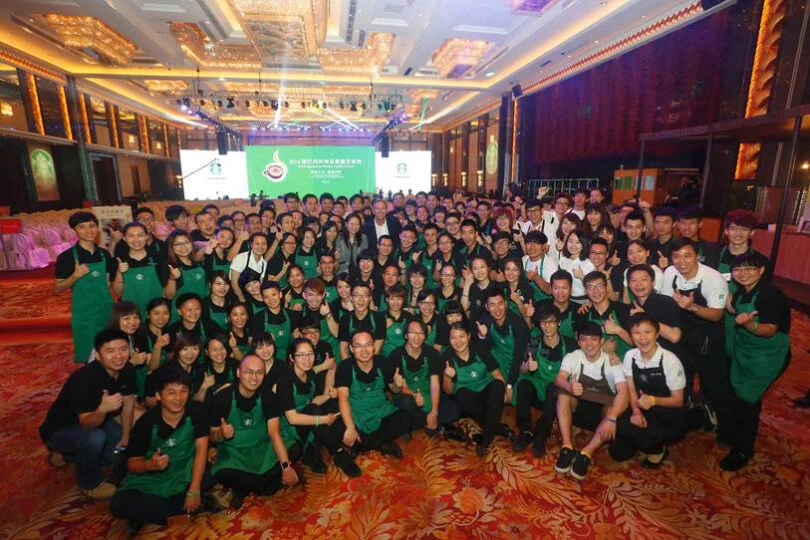In the early days of Airbnb, its founders realised they had a problem: the subpar photos that property owners were taking on their iPhones would never work for customers looking for an alternative to a hotel. So they hired professional photographers to go to property owners’ homes to take inviting pictures. Hardly scalable, but a key step in showcasing quality and eventually dominating the market.
Do things that don’t scale
To get big you first need to think small.
Chain restaurants scale by offering a consistent experience, but Dishoom bucks the trend; each restaurant has a unique story behind it, that informs everything from the decor and music to the lighting and bar menu. For example, the King’s Cross design is based on the events and people of the independence movement, with anti-colonial posters from the archives on the walls. This approach requires more time and thinking, but it undoubtedly contributes to the restaurant’s cult following.
The founder of Specsavers still spends time writing birthday cards for employees. As she says, “it’s caring for the people that are at the sharp end, working really hard every day, to make sure that nobody falls through the net.”
Foreign companies struggle in China because their jobs don’t always fit into the traditional notions of stable careers. So Starbucks found a creative solution to keep employees’ families happy, hosting “Partner Family Forums” in the cities of Beijing, Shanghai, Guangzhou and Chengdu, with over 1,000 families attending.
Employees of Stripe, the payments giant, initially needed to convince tech accelerators to use their platform. Rather than sending them an email, they’d sit there and help them install the software of their apps in person.





